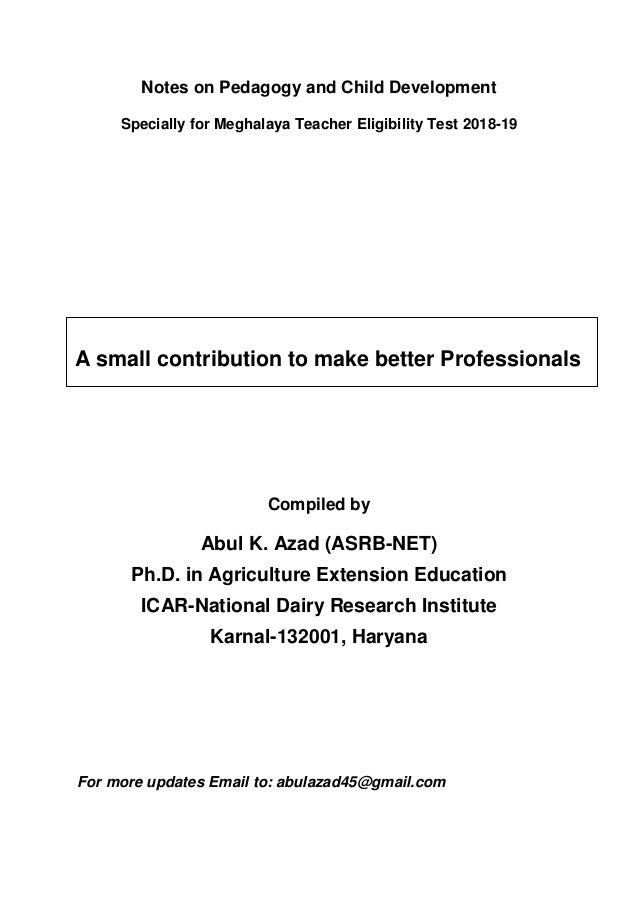

In his work, Piaget wrote about ‘schemas’ which refers to the idea that children come to the classroom ready to engage and learn. The constructivist approach is based on the pedagogical research of Jean Piaget (1896-1890), a Swiss Psychologist who studied child development. In a Montessori classroom, children lead their own learning and teachers are there to guide. Teachers might also adopt a Montessori method which is based on self-directed play. Project work, play, exploration, and inquiry based learning would be at the heart of a constructivist approach. Constructivist pedagogy places the child at the centre of the learning, and can also be referred to as ‘invisible pedagogy’. The idea behind this theory is that children learn through experiences and reflection. It focuses on the idea that children are active rather than passive learners. This can also be described as progressive teaching style which is a response to a traditional method of teaching. In turn, this increases the likelihood of students achieving, as they will be more motivated to participate in different activities. This also helps students realise their own capabilities which improves their self confidence and self esteem. There are various approaches to pedagogy which aim to support learners through their journey so they can achieve the maximum outcome.Įmploying effective pedagogy approaches enables students to reach their full potential and provides a strong foundation for learning.

What Are the Different Approaches to Pedagogy? This delivery depends on the age of the children and the classroom setting which we’ll cover in more detail further in the blog post. They will take into account the context of the subject and also their own teaching preferences. When planning a lesson, teachers consider the best way to communicate the relevant information to enable pupils the best possible learning experience. When people refer to the pedagogy of teaching, it means how the teacher delivers the curriculum to the class. It’s how they approach their teaching style, and relates to the different theories they use, how they give feedback, and the assessments they set. Pedagogy refers to the method and practices of a teacher. In this blog post we’ll identify the different pedagogical approaches to learning and why there are important for teachers. Furthermore, due to technology, there are a lot of ways teachers can impart education to their students and engage them in the learning process. The way teaching is delivered comes in a variety of forms. This extends beyond the classroom setting and is important for everyday life, from personal to peer relationships. The skills and knowledge they learn in school are very valuable and puts them in good stead for future experiences. Parents want to be confident their child is receiving a good education as this prepares them for the future and further education. There is a big demand for high quality education.


 0 kommentar(er)
0 kommentar(er)
